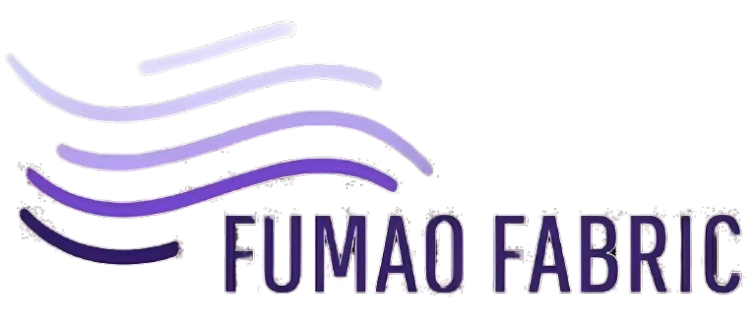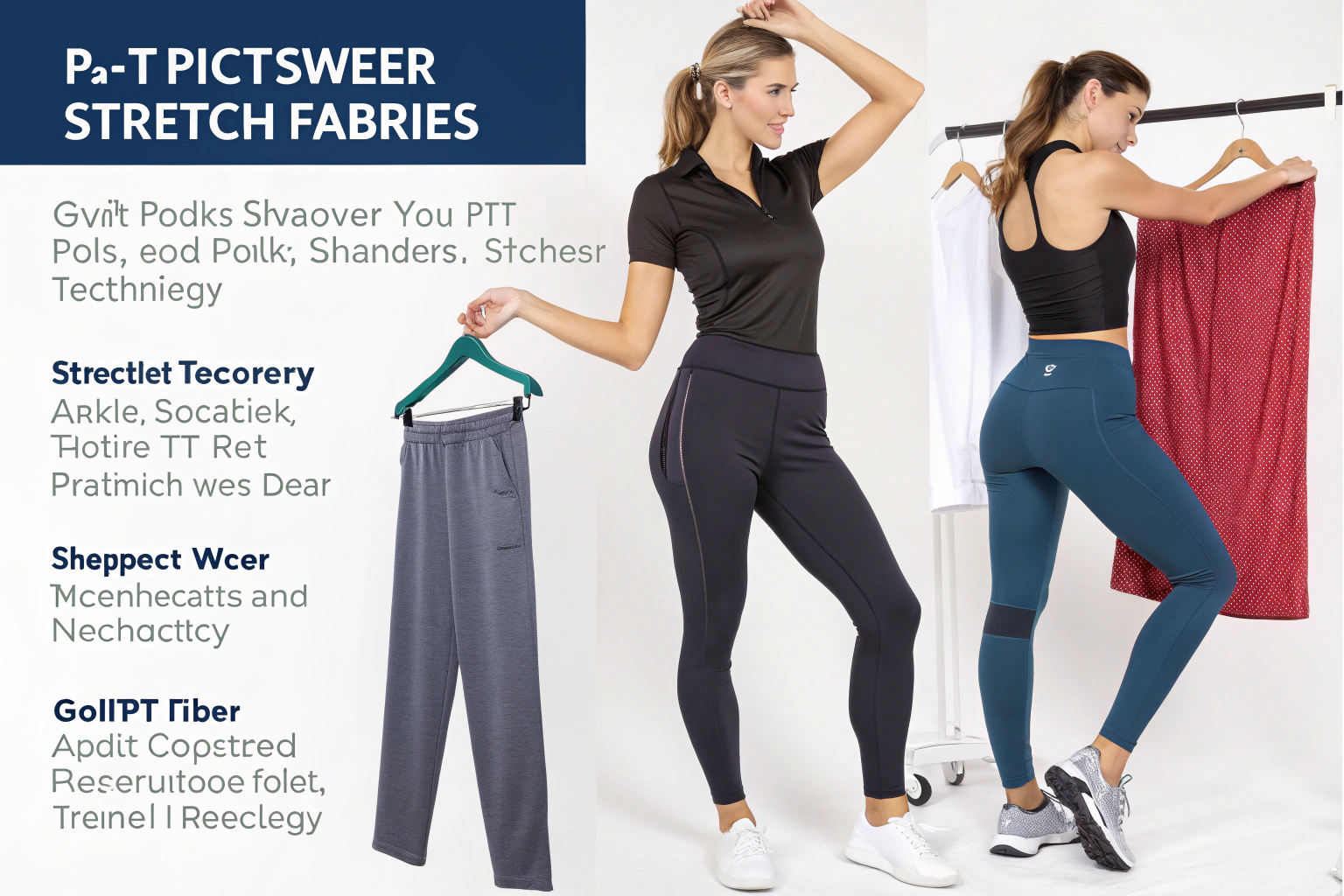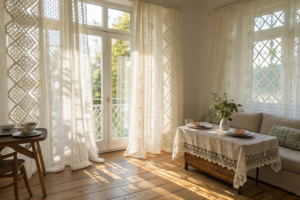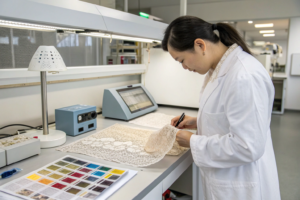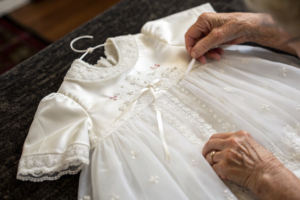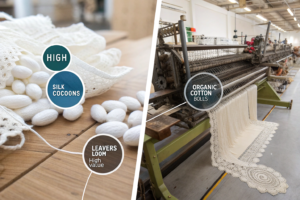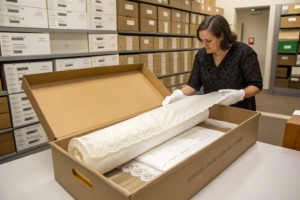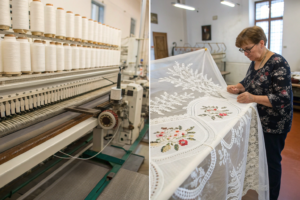Stretch fabrics are everywhere—from yoga pants to golf polos, shapewear to travel wear. But not all stretch materials are created equal. The challenge lies not only in stretch—but in stretch recovery. Fabrics that sag or lose shape after wear quickly disappoint consumers. This is where PTT fiber (Sorona®) technology steps in.
PTT (Polytrimethylene Terephthalate), branded as Sorona® by DuPont, delivers superior stretch recovery, durability, and eco-performance—making it the ideal choice for high-performance, shape-retaining fabrics.
If you’re sourcing fabrics for fashion-forward, active, or eco-conscious applications, understanding how Sorona® enhances stretch and recovery will give your brand a long-term edge.
What Is PTT (Sorona®) Fiber and How Is It Made?
PTT (Polytrimethylene Terephthalate) is a partially bio-based polyester. Unlike conventional polyester (PET), PTT uses plant-derived glucose as 37% of its feedstock, sourced from renewable corn sugar.
Sorona® is DuPont’s proprietary brand of PTT, known for combining environmental benefits with elastic, soft-touch performance.
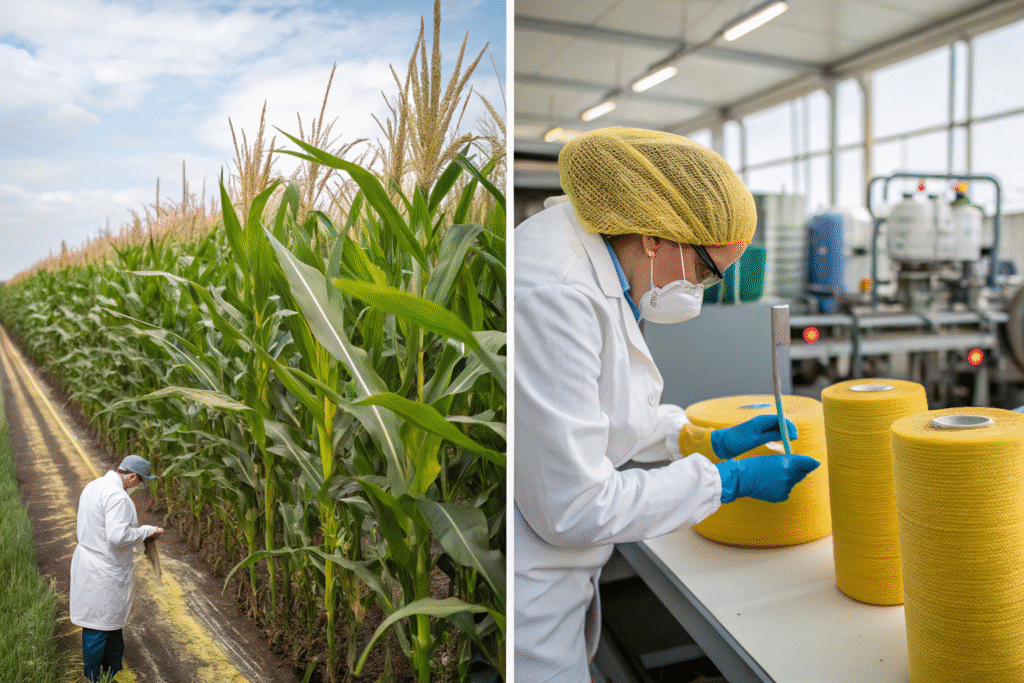
How Is Sorona® Different From PET or Spandex?
| Property | Sorona® (PTT) | PET (Polyester) | Spandex (Elastane) |
|---|---|---|---|
| Stretch Recovery | Excellent | Low | Very High |
| Bio-based Content | 37% | 0% | 0% |
| Heat Resistance | Good | Excellent | Poor |
| Softness | High | Medium | Medium |
| Dyeability | Superior | Good | Limited |
Read more on DuPont Sorona® official site and fiber characteristics on Textile Exchange.
What Makes Sorona® an Eco-Friendly Option?
Sorona® production emits 63% fewer greenhouse gases than nylon 6 and uses 30% less energy. It’s USDA Certified Biobased and helps brands meet carbon reduction goals.
Details are available at USDA BioPreferred Program and Sustainable Apparel Coalition.
Why Is Sorona® Ideal for Stretch Recovery Applications?
Sorona® fiber exhibits a natural “spring-like” molecular structure, allowing the fabric to return to its original shape even after long periods of stretch.
This makes it perfect for high-stress garments like leggings, uniforms, shapewear, and kidswear—where sagging or deformation is unacceptable.
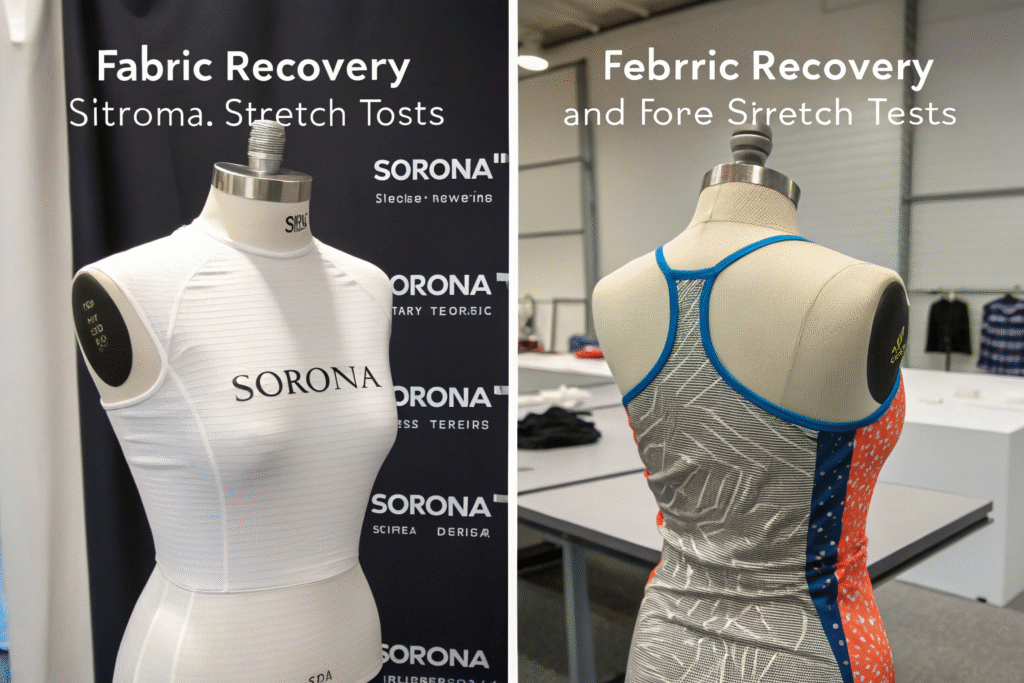
How Does Sorona® Outperform Spandex in Shape Retention?
While spandex offers extreme stretch, it can break down faster, especially in high-heat laundering. Sorona® provides moderate stretch with long-term recovery, especially in blended yarns with polyester or cotton.
For example, a polyester/Sorona® blend in yoga pants maintains 20% higher recovery rate after 50 wash cycles than pure poly-spandex blends.
See test data on Testing Services Group or Hohenstein Institute.
What Garment Types Benefit Most from Sorona® Recovery?
- Yoga and athletic leggings
- Compression wear
- Shaping garments and undergarments
- Uniforms and workwear
- Stretch-denim and twill trousers
- Travel apparel
Check examples at The North Face’s Thermoball™ Eco line and H&M’s Conscious Activewear.
How Does Sorona® Blend With Other Fibers?
Sorona® is extremely versatile and can be spun into:
- Filament yarns for warp knits, swimwear, or seamlesswear
- Staple yarns blended with cotton or rayon for casualwear
- Air-jet yarns for soft knits with stretch structure
Blends with Sorona® enhance softness, shape retention, and moisture management without compromising natural texture.
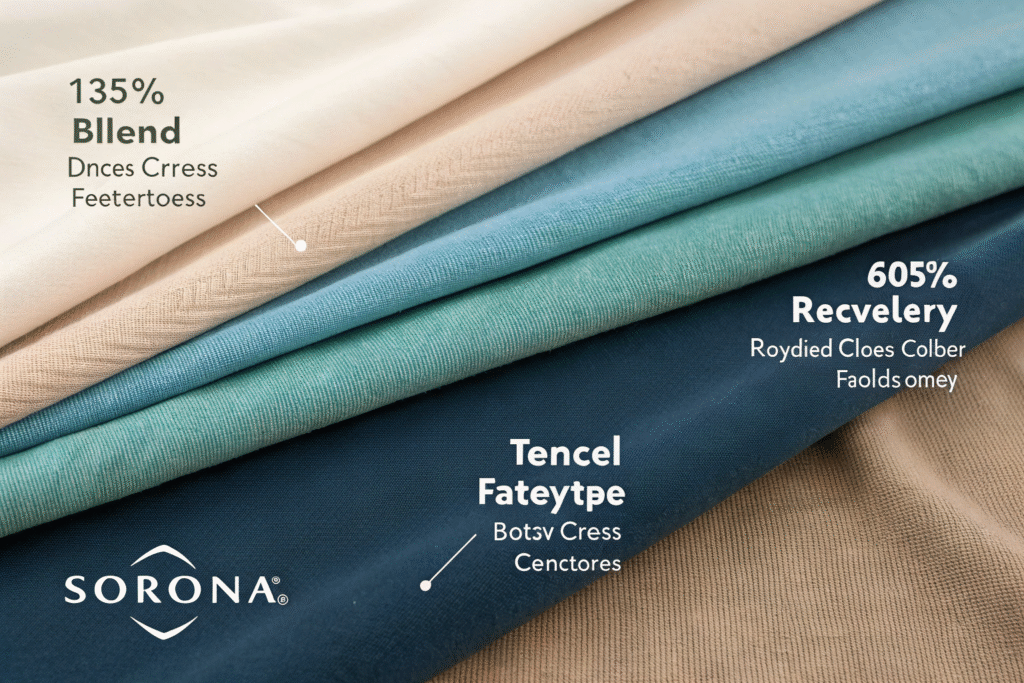
What Are Popular Commercial Blends with Sorona®?
| Blend | Benefits |
|---|---|
| Cotton + Sorona® | Soft, shape-retaining tees and dresses |
| Recycled Poly + Sorona® | Sustainable, stretchy activewear |
| Tencel + Sorona® | Drapey, resilient yoga and travel wear |
| Nylon + Sorona® | Smooth, recovery-focused sportswear |
You can find Sorona® blend fabrics at Unifi’s product lineup and Fibre2Fashion’s marketplace.
Are Sorona® Blends Easy to Dye and Print?
Yes. Sorona® offers vivid color uptake and holds dyes better than PET or nylon blends. It’s compatible with disperse dyes, which ensures colorfastness across hundreds of washes.
Find technical dyeing advice at Datacolor Textile Hub or Dystar’s solutions.
Where to Source Sorona® Fabric or Yarn?
Sorona® is manufactured under DuPont license, meaning only certified partners are allowed to produce and sell Sorona® yarn or fabric.
Look for suppliers with official Sorona® partner status and third-party tested stretch recovery and sustainability data.
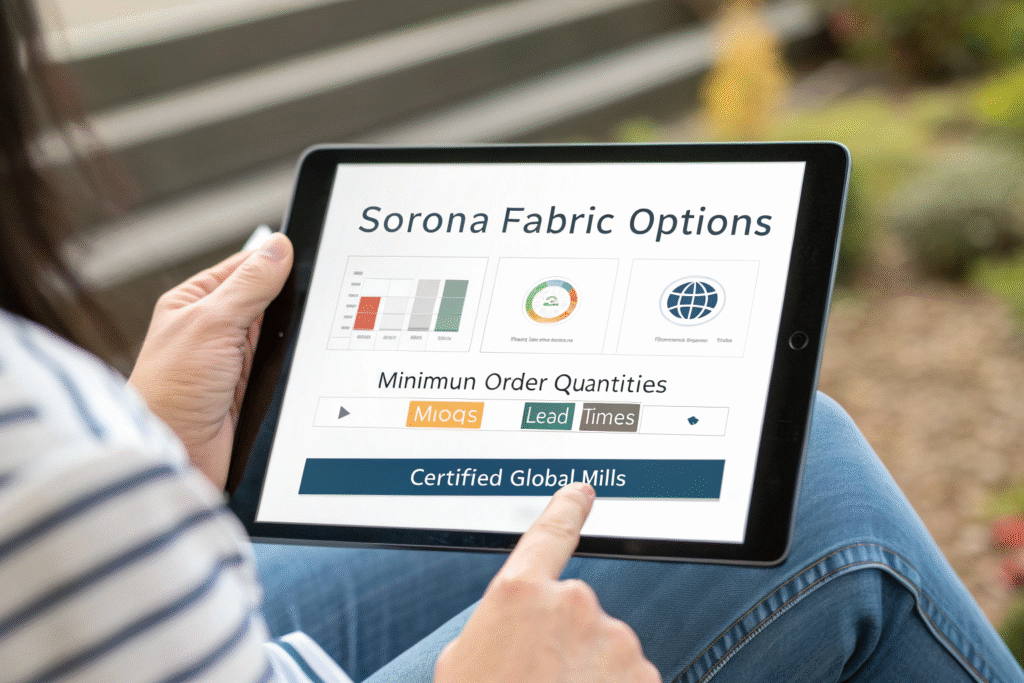
Who Are Certified Sorona® Fabric Suppliers?
- Huafu Fashion Co., Ltd. (China)
- TexRay Industrial (Taiwan)
- Shinkong Textiles (Korea)
- Nilit Fibers (Israel)
- Santoni (Italy) for seamlesswear
Find them via Sorona’s official sourcing portal and TexBase® listings.
What Should You Ask Before Ordering?
- Is the fabric certified by DuPont/Sorona®?
- What’s the recovery rate after 20/50/100 washes?
- Are blends customizable by GSM and construction?
- Can you provide OEKO-TEX® or GRS if using recycled content?
Also ask for yarn specs and printability data. Verification support is available from SGS or Intertek.
Conclusion
If you're building a fabric line with superior stretch recovery, durability, and sustainability, Sorona® PTT fiber is one of the best innovations available. It resists sagging, adds softness, and helps you meet global eco goals—all while delivering beautiful garment performance.
At Fumao Fabric, we offer a wide range of Sorona®-blended fabrics, including jersey, interlock, twill, and brushed knits, available with lab-tested recovery rates and eco certifications. For samples, development requests, or Sorona® fabric orders, contact our Business Director Elaine at elaine@fumaoclothing.com.
